Academics: Industry CO2 plan will stifle EV uptake (and they're right)
Leading Australian brainiacs, with actual qualifications and credibility, have called bullshit on the car industry in Lobbyland, in its attempts to slow progress on emission reduction…
Now, Ben Cubby from SMH has published an article that hits directly into my beloved FCAI. The Federal Chamber of Auto Industries, according to it, is a ‘peak body’ representing carmakers.
The FCAI is great, because it generates endless material for AutoExpert. Just to be totally transparent with you, the audience.
But if you ask me personally, the reality is the FCAI is just a grubby ‘under the table’ reach around factory, located deep in the Lobbyland sewer, historically quite active at a range of anti-consumer initiatives - including delaying the adoption of the latest emissions standards, and even blocking the mandatory fitting of rollover protection on quad bikes, or trying a Boogeyman tactic to scare consumers about affordable, quality aftermarket parts, to name just a few glaring anti-consumer FCAI initiatives.
The FCAI is also bipolar, apparently, because it will look you in the eye even today and tell you how it has your best interests at heart, preposterously. Despite representing paid car brand members, which are essentially multinational corporations.
Today, the FCAI is just gagging to metaphorically stick its hand up the back of Chris Bowen, the Federal Minister for Climate Change and Energy since May 22, while simultaneously shoving the car industry’s filthy agenda upon him.
Worth a read. SMH 08/08/2022
‘Dear Minister Bowen, here’s what you should think and, of course, even more importantly, what you must do - urgently.’ Kind of thing. The epically bullshit term for this process is ‘thought leadership’.
If the Chamber were Camelot, King Arthur would be Matthew Callachor - who is also the senior suit of Toyota Australia.
Toyota Australia is, of course, the company which thought it was OK to lie to 260,000 people just like you, for several years, over the disgraceful 2.8 diesel DPF failure fiasco, which ultimately saw the Federal Court take the leash off its ‘aggregate damages’ powers and declare Toyota ‘misleading and deceptive’ recently. This has begun opening the door to more than $2.6 billion in potential compensation.
Recently, some properly qualified Australian brainiacs have erected a set of fact-based speed humps on the road to the government adopting the FCAI’s proposed watered-down bullshit emissions standard, which, if adopted, would see Australia remain number one at being inept in terms of reducing CO2 emissions from cars, compared with, you know, a properly advanced nation.
Audrey Quicke is the author of this paper on reducing transport emissions, which was released on Monday, August 15, 2022. (Link to Audrey’s Austr. Institute report & bio here >>)
She runs the nation’s longest-running survey on attitudes towards climate change. And she’s got a degree in Environment, Environmental Management and Climate Science. So, clearly overqualified if she ever wanted to be a lobbyist. (Unlikely.) Probably has a moral compass, too. (That’s hardly an asset.)
If you want more research on the truth behind vehicle emissions in Australia, check out the Car Industry’s Absurd ‘Decarb’ Plan to Tackle Climate Change >> It’s properly hilarious, high-level stuff.
Anywho, back to the academics:
Gareth Bryant is a senior lecturer at the University of Sydney specialising in climate and energy finance. Nice to see Australia becoming a dumping ground, again.
Toyota is the most powerful member of the FCAI - power there is apportioned on a market share ‘pro rata’ basis. The Chamber’s agenda is, therefore, mainly Toyota’s agenda.
Toyota, of course, is a gold-medal winner at greenwashing itself. Worthy of a Nobel Peace Prize for environmental stewardship, saving the planet, Prius by Prius - while selling as many 2.6-tonne LandCruiser 300s, 70-Series tractors and lady-LandCruiser Prados, and the girthy Kluger alongside the overhyped and under-utilising RAV4 Hybrid.
Meanwhile, under the table, in reality, they’re full-on inhuman, anti-environment lobbyists, worldwide, advocating strenuously for weaker emissions regulations, seemingly wherever possible.
And this is exactly what is going on here.
Upliftingly, Toyota effectively told the recent Glasgow climate summit to get stuffed, and Influence Map, an organisation you’ve probably never heard of, which tracks climate-related lobbying worldwide, found Toyota to be the world’s third-filthiest culprit at attempting to undermine the adoption of better emissions regulations. Toyota (E+) scores worse than Volkswagen (D+).
Let us not forget that emissions regulations are in fact human health regulations, because pollution from vehicles kills more people prematurely than car crashes. They’re called facts.
The only two companies better at this particular form of inhuman bastardry were Chevron and Exxon Mobil, according to Influence Map. So, it’s a real achievement even to get on the podium here, given the inhuman calibre of the competition. This was determined following an analysis of 350 giant corporate emitters.
Toyota are anti-environmental cocks, I think it’s fair to say. They can’t even get an EV into production without the wheels literally falling off.
My AutoExpert AFFORDABLE ROADSIDE ASSISTANCE PACKAGE
If you’re sick of paying through the neck for roadside assistance I’ve teamed up with 24/7 to offer AutoExpert readers nationwide roadside assistance from just $69 annually, plus there’s NO JOINING FEE
Full details here >>
AutoExpert DISCOUNT OLIGHT TORCHES
These flashlights are awesome. I carry the Olight Warrior Mini 2 every day - it’s tiny, robust, and super useful in the field or in the workshop. Olight is a terrific supporter of AutoExpert.
Use the code AEJC to get a 12% discount >>
Generators suck! Go off-grid with AutoExpert BLUETTI PORTABLE POWER STATIONS
Need mobile, reliable power? If you’re camping, boating, caravanning or building a dirty big shed in the back paddock, and you need to run a refrigerator, lights, air conditioner, cooking, and/or a bunch of tools - Bluetti has a clean, tidy, robust solution…
Get your AutoExpert free shipping discount here: https://bit.ly/3n62heK
And so it goes: Big corporations serve themselves first
Monash University’s Dr Diane Kraal is senior lecturer in business law and taxation.
The FCAI’s proposal is in fact just high-level Toyota favouritism. The voluntary standard delivers pats on the back all round (in the form of CO2 credits) for all the Prius sales, and its other weak hybrids, but all the CO2 belched by Toyota’s big barges - I’m looking at you LandCruiser and Softcock Prado, etc. - just gets swept under the rug like it doesn’t exist. Nice one.
Speaking of the UK: You know in London, there’s one public EV fast-charging station for every six EVs on the road. Thousands have been retrofitted to light poles. Instant charging solution for everyone who can’t park off-street. Here in Australia, I’ve heard crickets on that, up until now.
Finding a public charger anywhere in this country - but especially in regional Australia - remains an extreme sport guaranteed to suck out your soul and crush your will to live.
Engineering Professor Richard Hopkins is a petrol-head, like us, from the School of Engineering at the University of NSW.
I dunno about you, but letting Toyota effectively become the new Federal Government’s ‘thought-leading’ friend-with-benefits on emissions policy is that’s right up there with making Putin the chairman of the UN Security Council. Absurdism personified.
Senior executive Toyota dickheads can’t even admit plug-in hybrid is a superior idea than the absurdly-named ‘self-charging’ hybrids they inflict so effortlessly on the low-IQ Australian car buyer today. With their awesome nickel-metal hydride battery technology, which is less advanced than an Ozito battery drill/driver combo from Bunnings, in other words.)
As for Toyota EVs, they can’t even keep the wheels on, as mentioned. The bZ4X Toyota EV, co-developed with Subaru - is grounded in the US because of its serendipitous spontaneous disassembly feature. No fix is in sight.
I could not make that up.
Here in Australia, those Toyota cocks are simply allergic to plugging anything in - except of course themselves, and their grubby agenda, into any minister dumb enough to listen.
Toyota actually thinks ‘downsizing’ the LandCruiser to 3.3 litres and reducing its monstrous obesity to a staggering 2.5 tonnes, empty, constitutes something of a concession to environmental virtue. In other news, facts: still struggling to exist.
Now it appears that independent experts, separated by institution, state, and vocation, are all, to a greater or lesser extent, calling bullshit on the Toyota-fication of the national vehicle emissions landscape proposed by the FCAI peak body.
One final issue:
Dr Kraal is from Monash University, and she too knows more than the average lobbyist. Yes, that’s tautological. Of course, any academic does.
Being a lowly, washed-up mechanical engineer, shouting at the sky, here in the Fat Cave, I am somewhat reluctant to take on an actual expert in taxation, so perhaps I should put it like this. (This is me trying to be respectful. A new thing.)
Please explain how subsidising the up-front cost of an EV is not merely an example of back-handing some rich bastard, just so he can get an $80,000 luxury car, cheaper.
Especially in a country where there’s so many stuffed-up things crying out for public funding - bushfire and natural disaster preparedness, pandemic response, border security, energy security, aged care, the national debt, wealth inequality, etc.
Perhaps preparing for bushfires might be a better ROI.
There is an extraordinarily long list of seemingly more deserving causes demanding public funding.
Even EV charging infrastructure and the composition of the grid. Are these things all not more deserving of your tax dollars?
How, exactly, is reducing the cost of a Kia EV6 GT-Line AWD (or something) from $86,000 drive-away to (I dunno) $75k … how is that a net benefit to society? I’d suggest most people who can afford a $75k car can find $11k more if they really want to.
And if you really can ‘only’ afford $75k, deal with it, dude. Whereas, in other areas of society, that $11k would be the difference between a life of utter shit, or not, especially given the average Australian salary is just $65K. So there’s that.
Love to know what you think, in the comments below. To subsidise, or not - and what should we prioritise, in an environment of record, eye-watering government debt?
Do we subsidise the chicken that is the EV or the egg of the charging infrastructure? What should come first? Or do we just let the free market work it out? After all, the free market always gets it right, huh? Let me know in the comments.
This is gunna be a big issue over the next several years. We might even get a response from Dr Kraal-meister. Stranger things have happened.









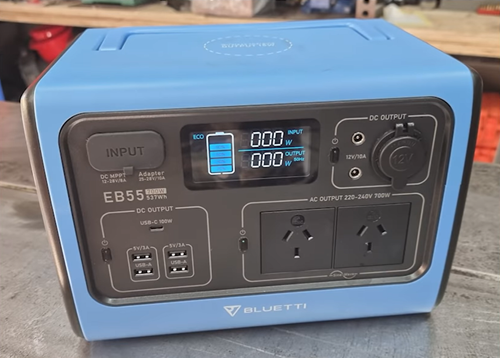
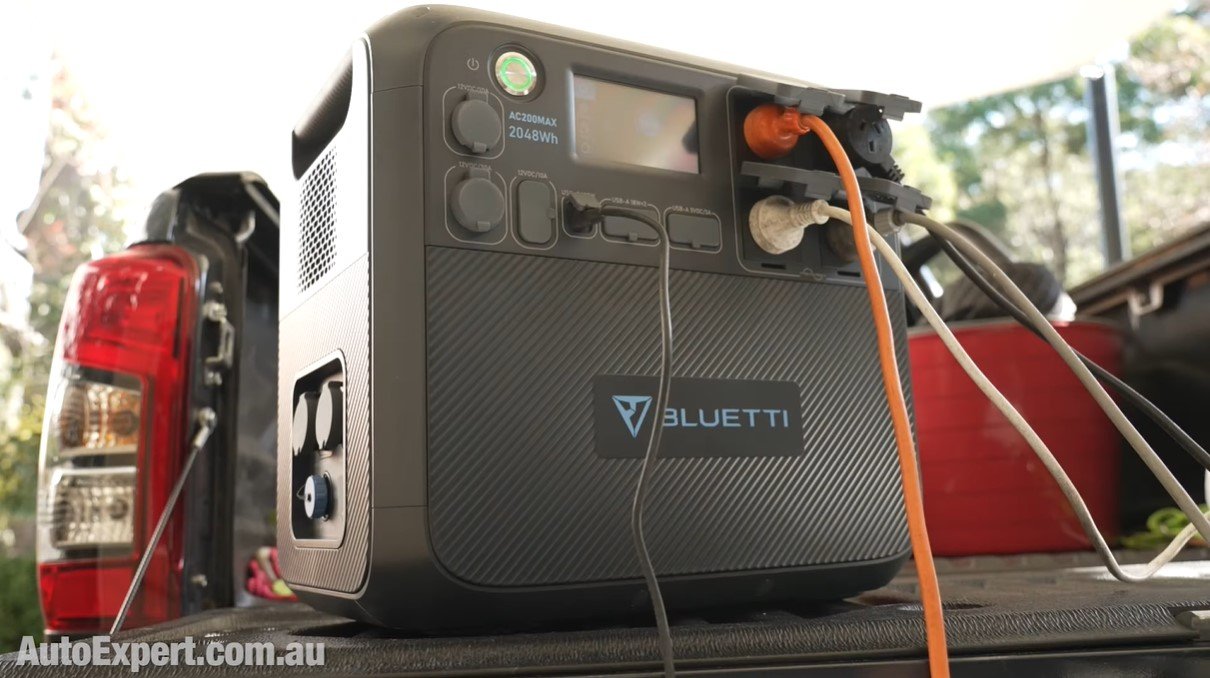


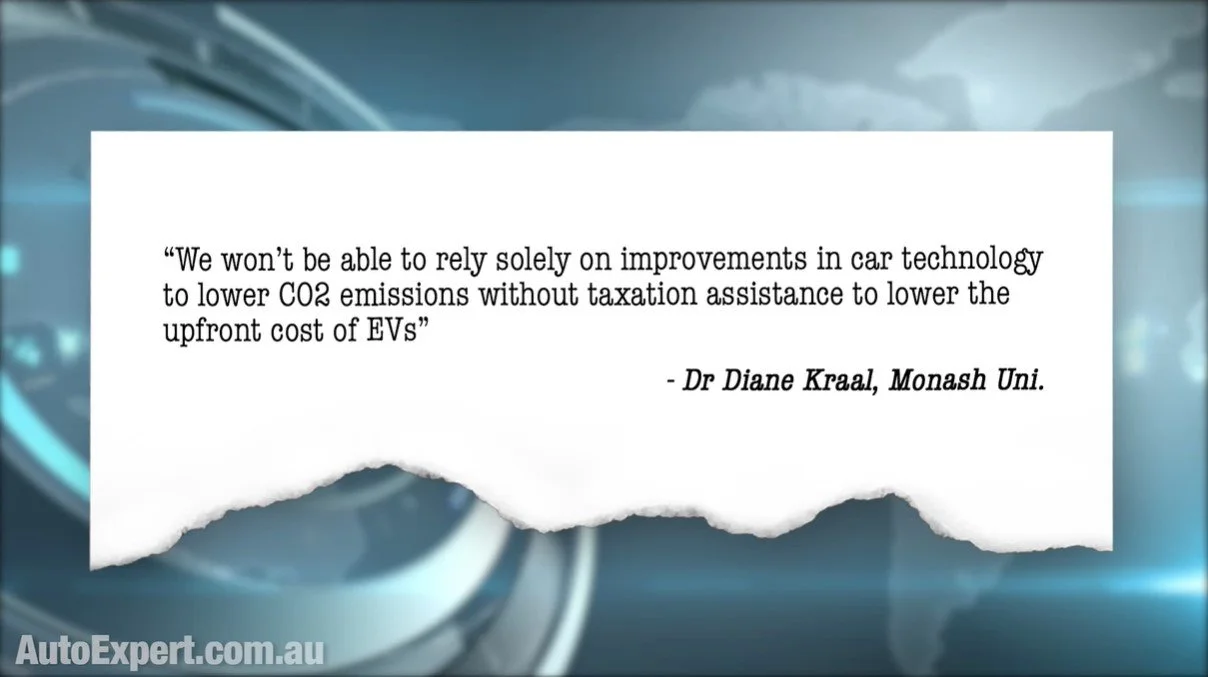





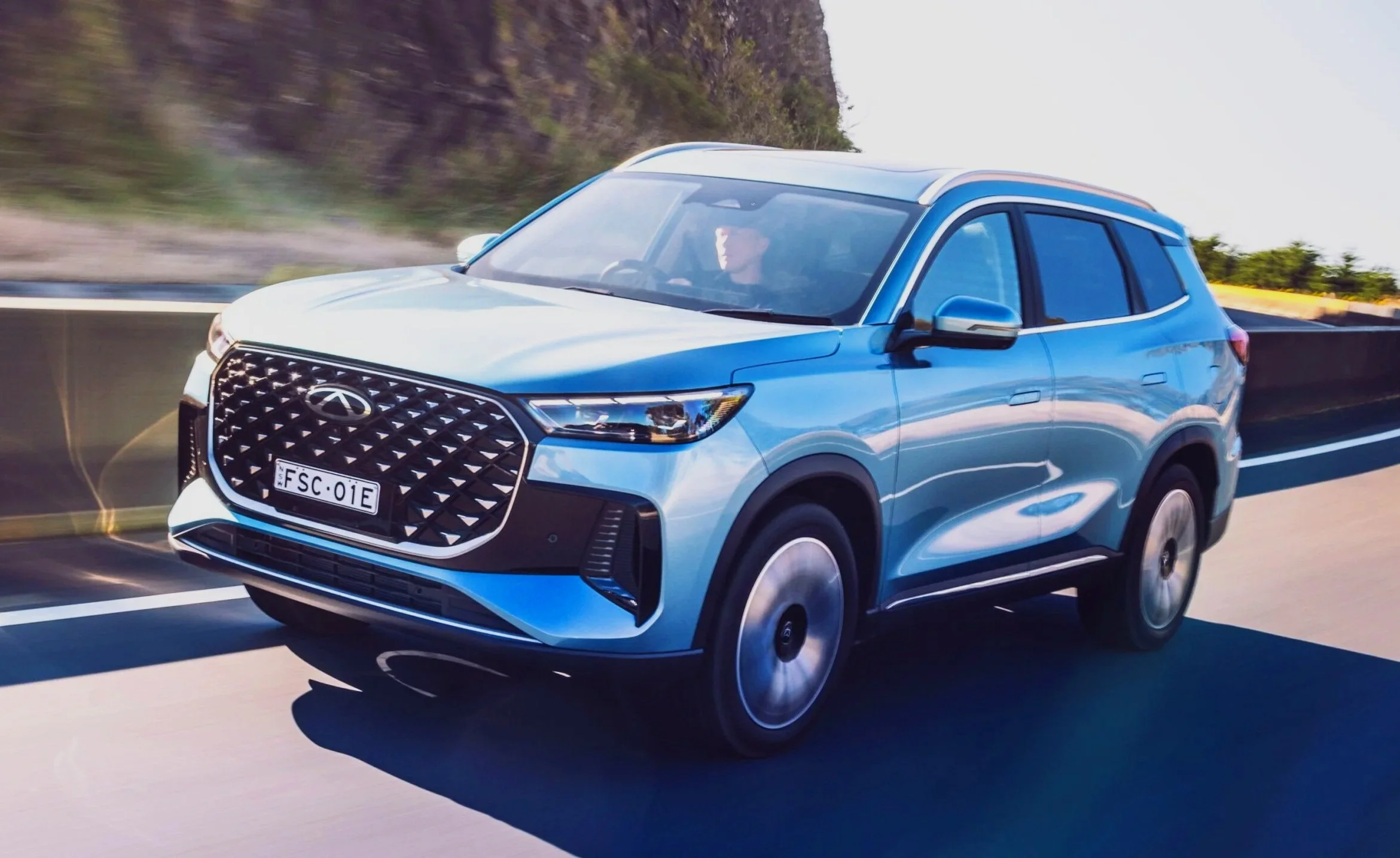
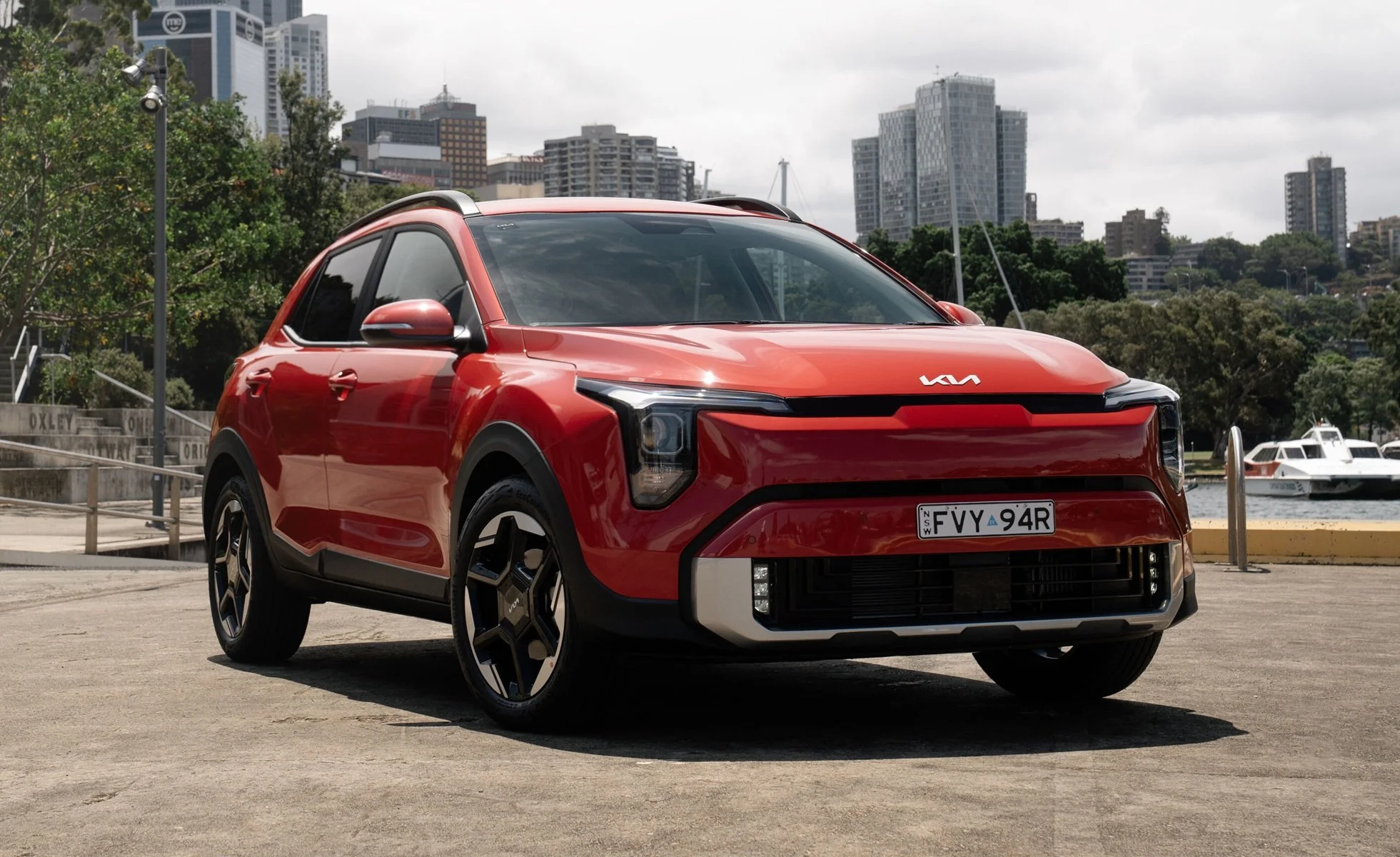
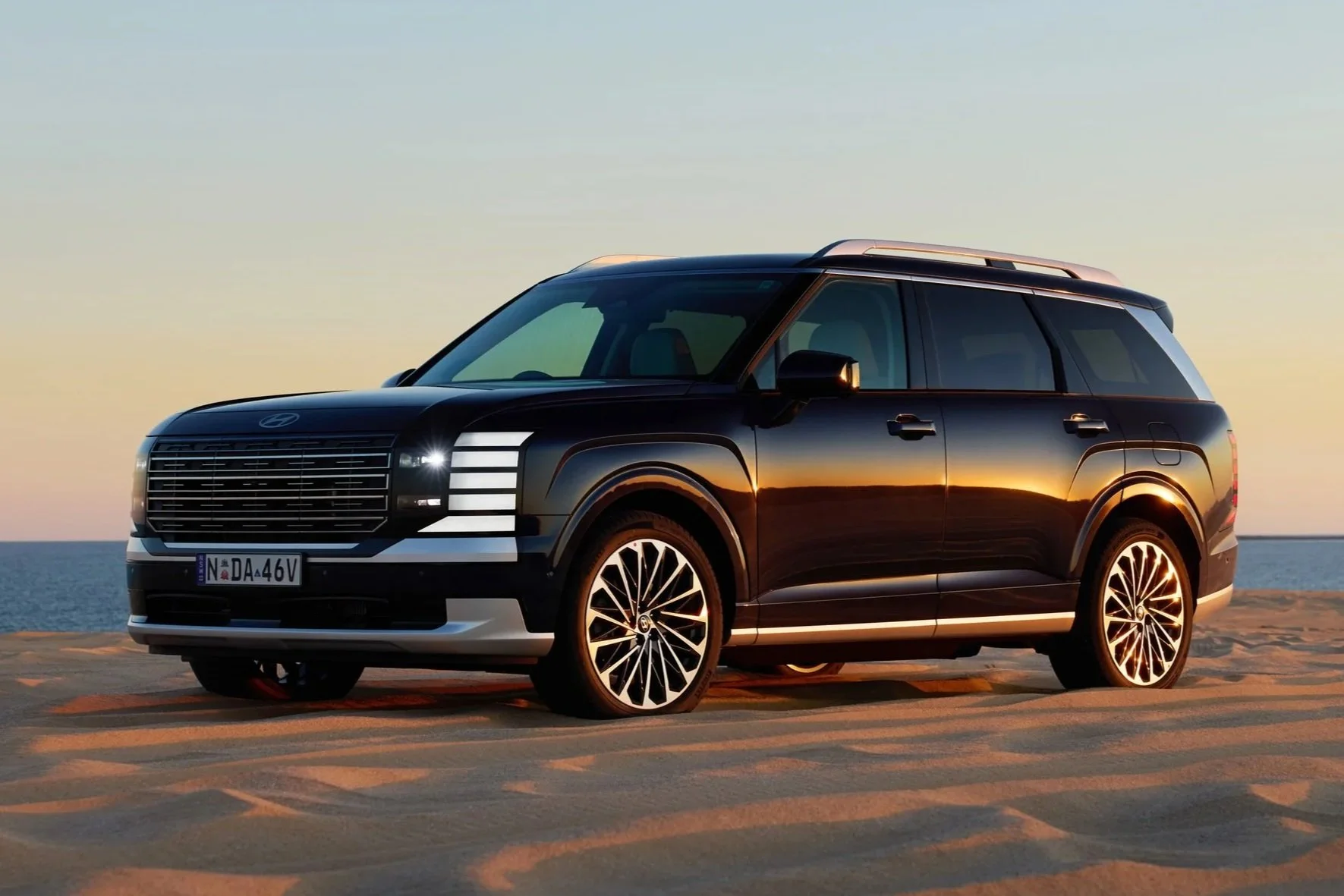
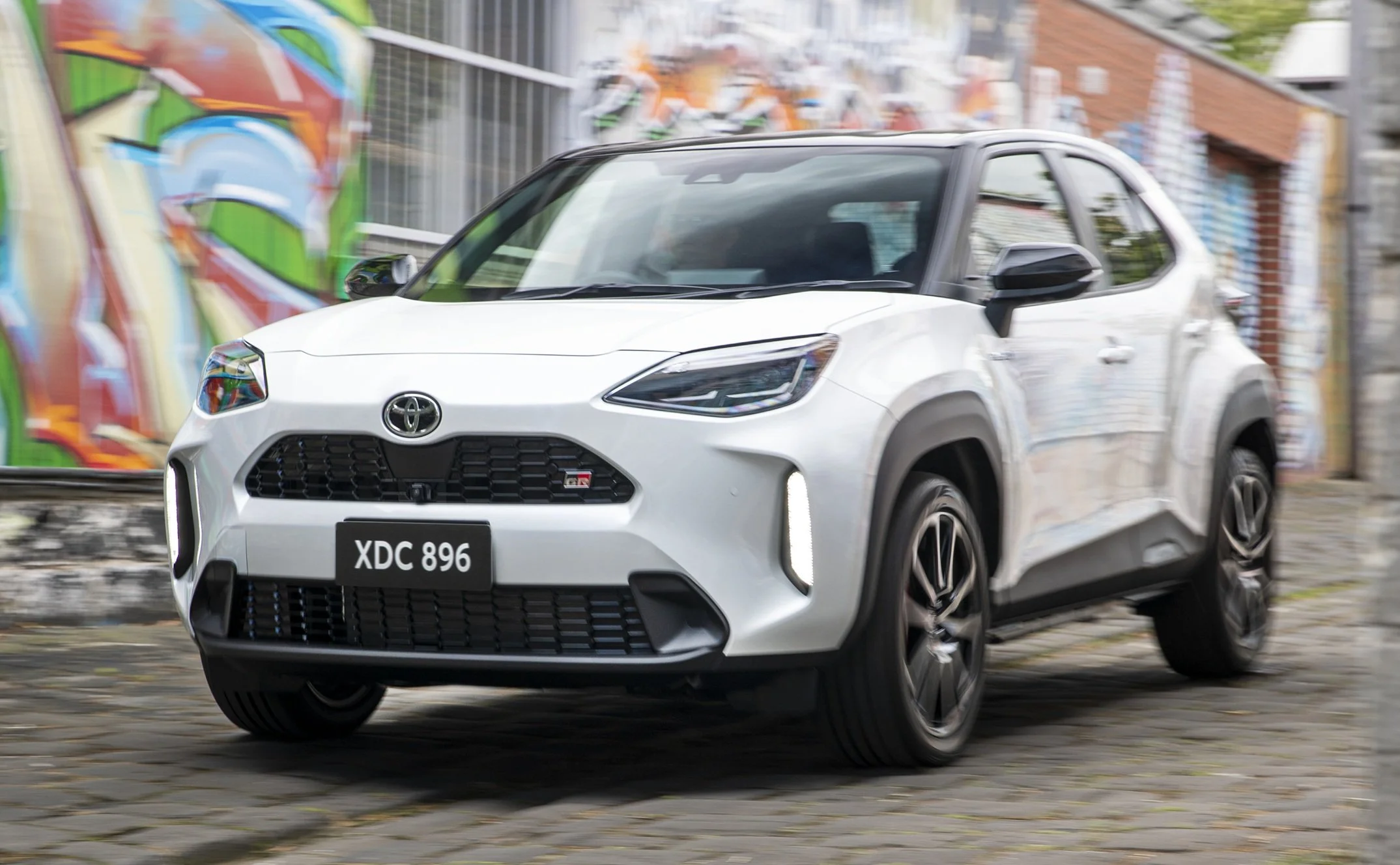

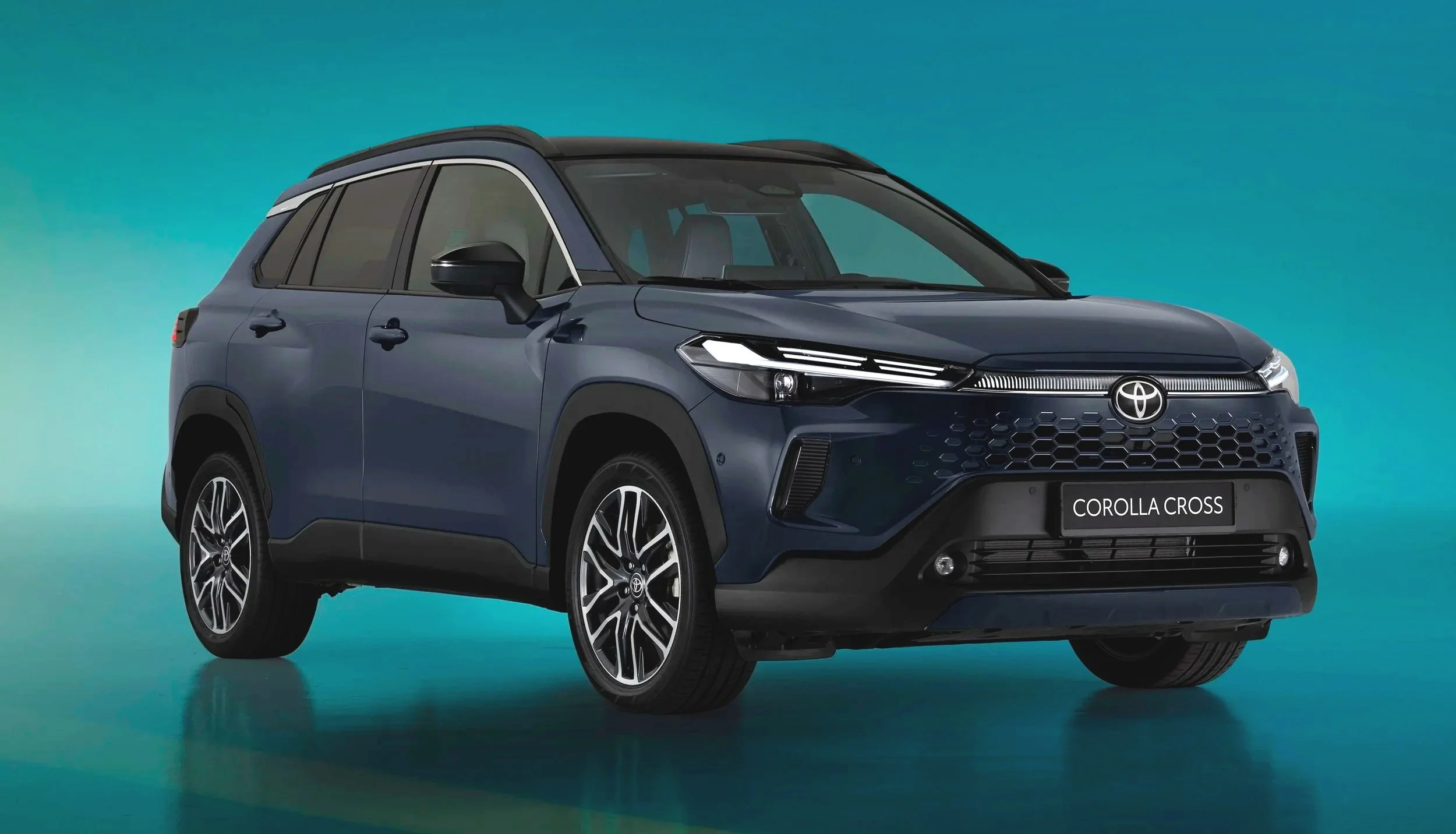

There’s plenty to like about the 7-seat Ford Everest for hardcore off-roading and heavy towing thanks to its big V6 diesel. But is it wise dropping up to $80K on Ford these days?